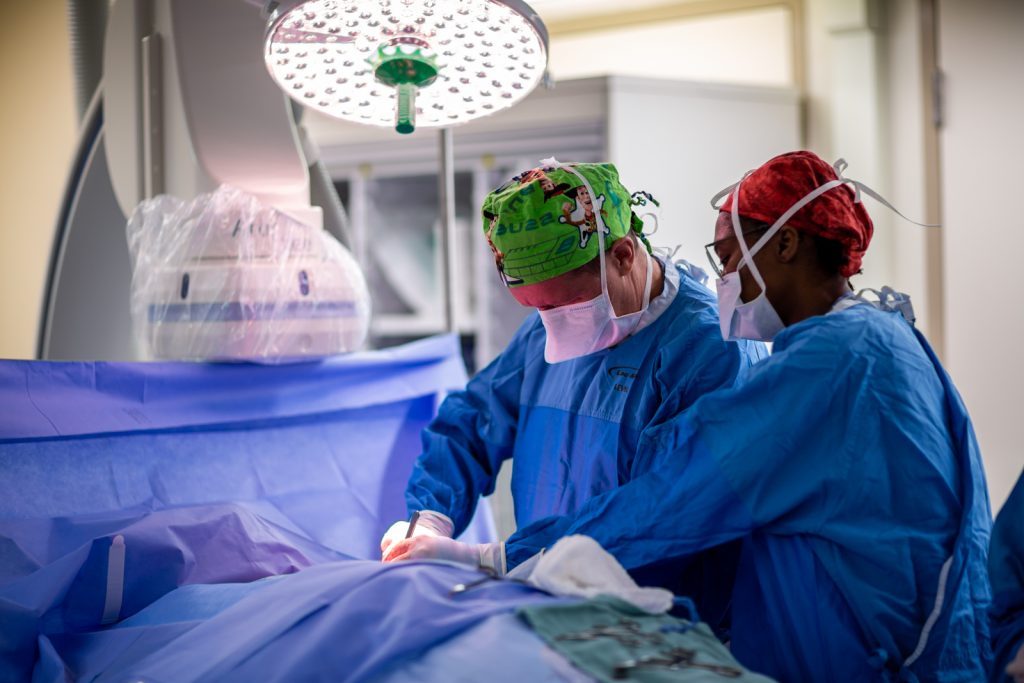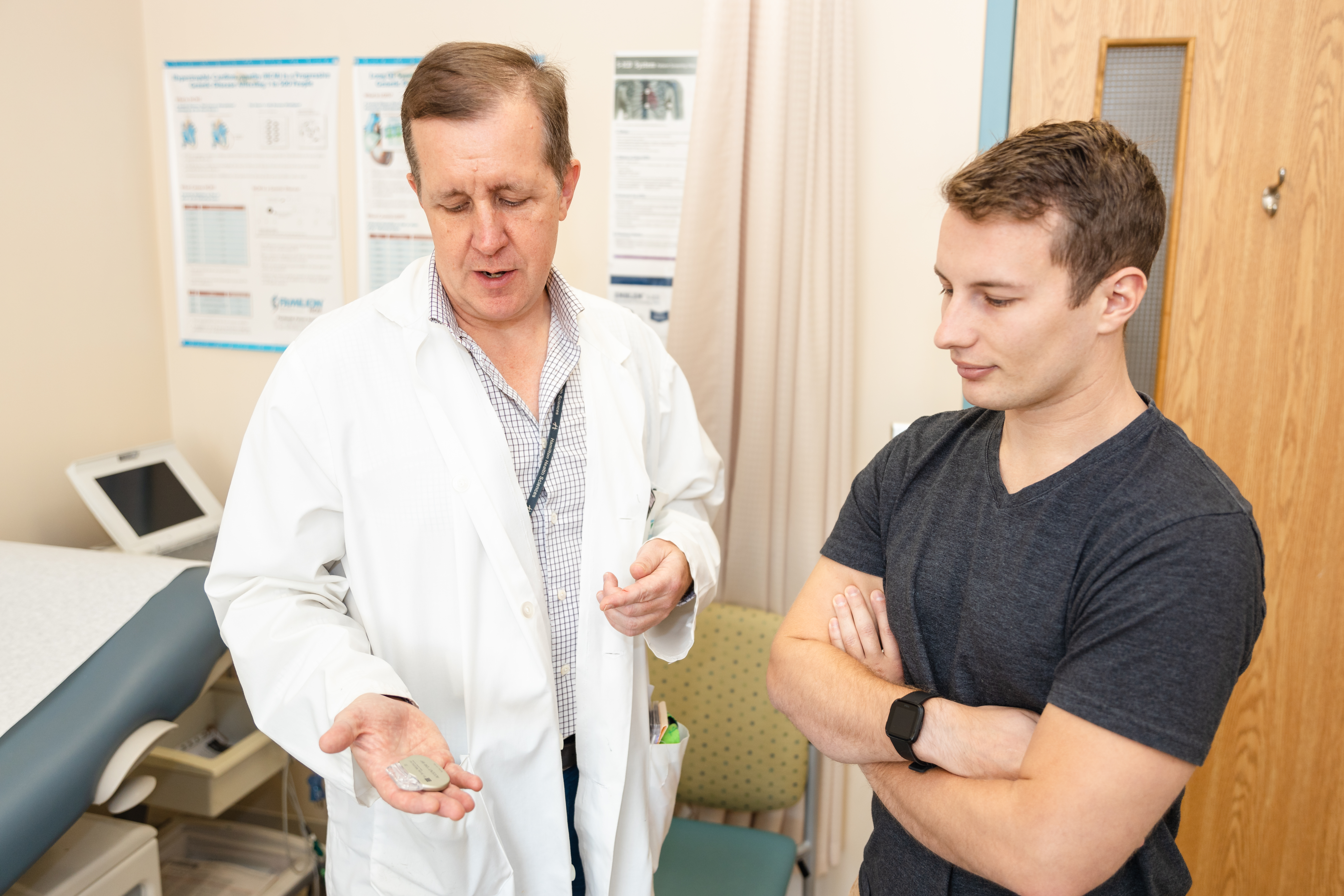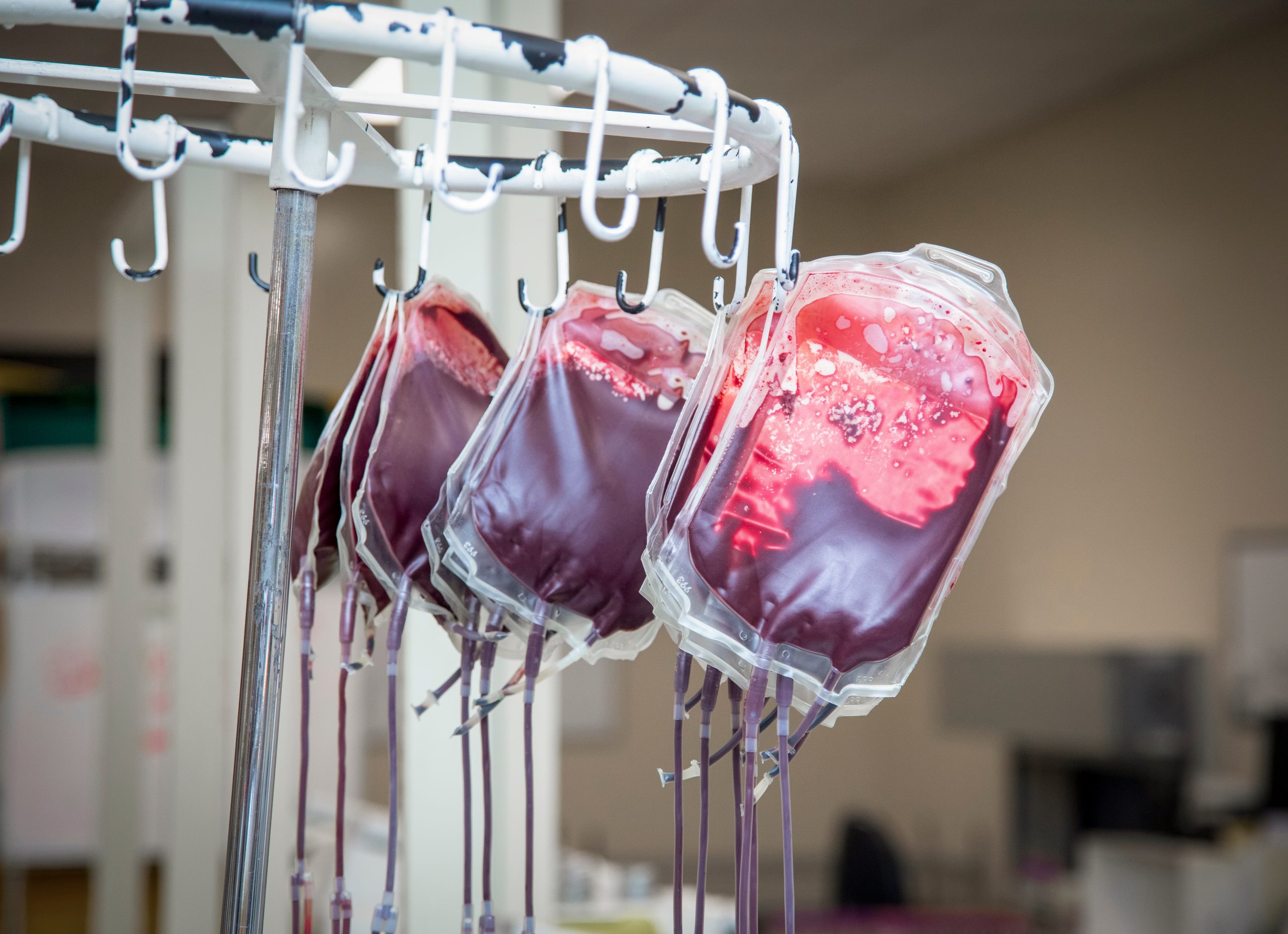
New cardiac defibrillator is found to be safer for patients
Hamilton researchers have found that the newer type of cardiac defibrillator which gets implanted under the skin reduces patient complications by more than 90 percent.
An implanted cardiac defibrillator is a small device that will detect an abnormal heartbeat and send an electric shock to the heart to restore a normal heart rhythm. They are used in patients who have an irregular heart beat that can be life-threatening and are at a high-risk of going into cardiac arrest.
The traditional implanted defibrillator has a wire that is inserted into a vein in the chest that travels to the heart. This device can cause damage to the heart or lungs as well as blood clotting in the veins. Whereas the newer device, called a subcutaneous defibrillator, is implanted under the skin just below the armpit with a wire that runs under the skin alongside the breastbone. Since the wire isn’t inserted into the veins it doesn’t cause blood clotting or risk damaging the heart.
“This makes it an attractive alternative to the traditional defibrillators.”

Dr. Jeff Healey
“The subcutaneous defibrillator greatly reduces complications without significantly compromising performance,” says study lead Dr. Jeff Healey, electrophysiologist at HHS, senior scientist at PHRI, and professor of cardiology at McMaster University. “This makes it an attractive alternative to the traditional defibrillators, particularly in patients with increased risk for complications.”
The study, conducted out of the Population Health Research Institute (PHRI) – a joint facility of Hamilton Health Sciences (HHS) and McMaster University, followed 544 patients from 14 clinical centres across Canada for an average of two and a half years. Half of the patients were randomly selected to have the newer subcutaneous defibrillator and the other half, the traditional defibrillator. Patients were between the age of 18 to 60 years old who had a genetic heart condition or were at high risk for complications.
“Younger patients are usually under-represented in trials with implanted cardiac defibrillators,” says Healey. “However, since Canada has a strong history of clinical trials in this area, plus registries of patients with inherited heart rhythm disorders, we were able to include the younger demographic.”
Healey presented the study results at the Heart Rhythm 2022 conference on April 30, 2022 and hopes it can eventually result in a change of practice.



